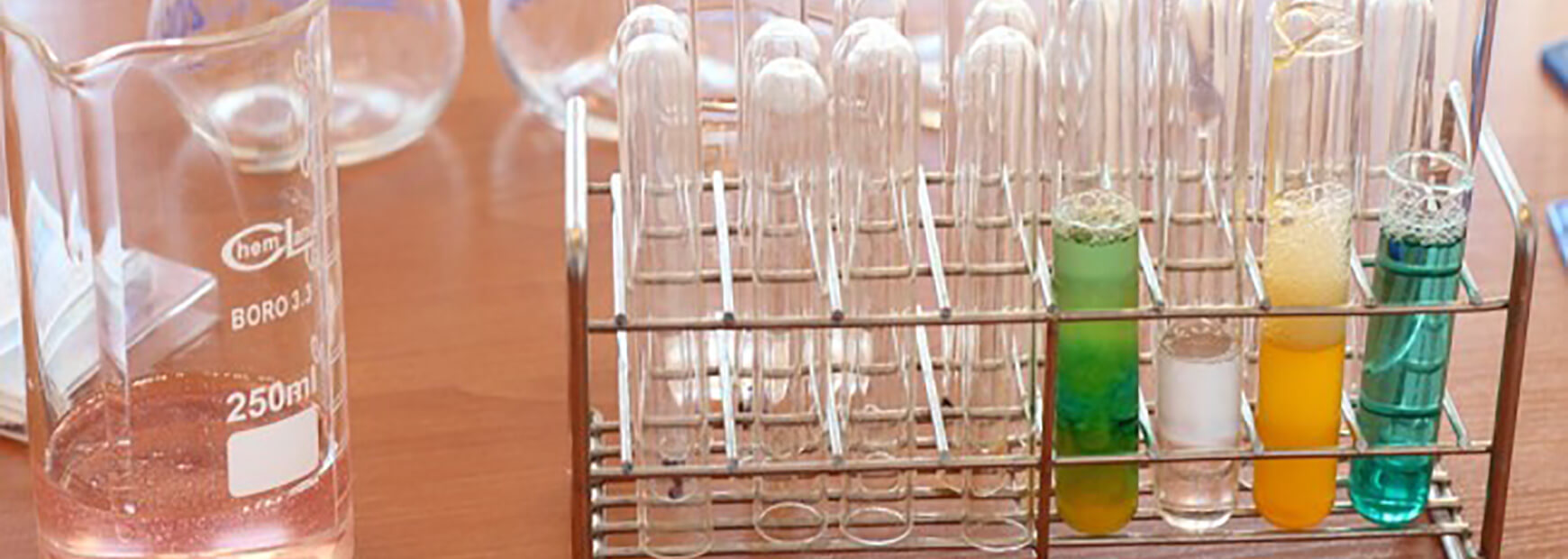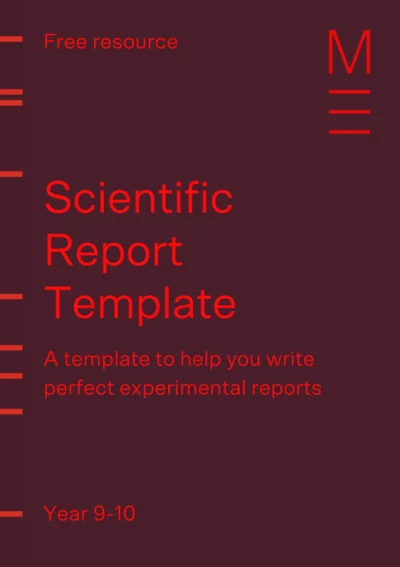Welcome to Matrix Education
To ensure we are showing you the most relevant content, please select your location below.
Select a year to see courses
Learn online or on-campus during the term or school holidays
Learn online or on-campus during the term or school holidays
Learn online or on-campus during the term or school holidays
Learn online or on-campus during the term or school holidays
Learn online or on-campus during the term or school holidays
Learn online or on-campus during the term or school holidays
Learn online or on-campus during the term or school holidays
Get HSC Trial exam ready in just a week
Get HSC exam ready in just a week
Select a year to see available courses
Science guides to help you get ahead
Science guides to help you get ahead
In this post, the Matrix Science Team explain why you should consider a Science subject for Years 11 and 12.

Join 75,893 students who already have a head start.
"*" indicates required fields
You might also like
Related courses

Join 8000+ students each term who already have a head start on their school academic journey.
Our Matrix Science Team explain what the Scientific Method is and reasons why you should consider studying Biology, Chemistry and/or Physics in Year 11 and 12.
We are constantly exposed to claims in the media that assert to be scientific, such as:
People generally trust scientific authority, but don’t necessarily understand how science actually works. Unless you understand how science works, how can you know whether or not to trust “scientific” claims?
At a first glance, we can consider statements like the ones above and ask the following questions:
Write perfect science reports with this expert-made template! Fill out your details below to get this resource emailed to you. "*" indicates required fields
Download your free experimental report template

Download your free experimental report template
A scientist, with an understanding of the scientific method, would ask more analytical, probing questions:
An understanding of scientific method is important in our modern technological society and, for this reason, scientific skills are examined every year in the HSC in all science subjects. The assessment is in the form of practical tests, where you design and perform an experiment, and collect, analyse and present data. Often you draw graphs and calculate various quantities, and draw conclusions. You are also asked to examine experimental designs, and consider why and how an experiment is valid, reliable and accurate, and how it can be improved.
Applying scientific skills and understanding the scientific method are areas where many students struggle, since these ideas rarely get taught explicitly in schools. By Year 12 these skills are assumed knowledge in Biology, Chemistry, and Physics.
Students are often told, “you can’t study for a skills test, because it tests skills, not knowledge.” This is false. You can certainly learn the skills required for understanding how to perform and talk about experiments, how to collect and analyse data, and how to critically assess results.
As a bonus, understanding the scientific method will make it more difficult for people to trick you!
The scientific method works as follows:
The experiments we use to test hypotheses and theories need to be valid, accurate and reliable. These three words have specific meanings in this context:
According to the scientific method, if your theory makes a prediction, and your valid, accurate and reliable experiment gives a result that matches that prediction, then you can assume that your theory is correct in this particular instance. You can continue with this assumption until an experiment gives a different result to what your theory predicted. If an experiment gives a different result, then you have to investigate why: does your theory need revising, or was your experiment flawed?
If you want to learn more about validity, accuracy, and reliability, you should read our detailed blog post .
The scientific method and science, in general, are often misunderstood as a way to accumulate facts. However, there is a big difference between facts and understanding. You do need the facts that are generated by science, but you also need to use these to gain an understanding of the physical world around us. This understanding is used to improve our lives through the development of technology. All modern technology, like the device you’re reading this blog on, and the internet that allows you access this blog, are only made possible by the understanding achieved through science.
Physics doesn't need to be confusing
Expert teachers, detailed feedback, one-to-one help! Learn from home with Matrix+ Online Courses.
Written by Matrix Science Team
The Matrix Science Team are teachers and tutors with a passion for Science and a dedication to seeing Matrix Students achieving their academic goals.© Matrix Education and www.matrix.edu.au, 2025. Unauthorised use and/or duplication of this material without express and written permission from this site’s author and/or owner is strictly prohibited. Excerpts and links may be used, provided that full and clear credit is given to Matrix Education and www.matrix.edu.au with appropriate and specific direction to the original content.